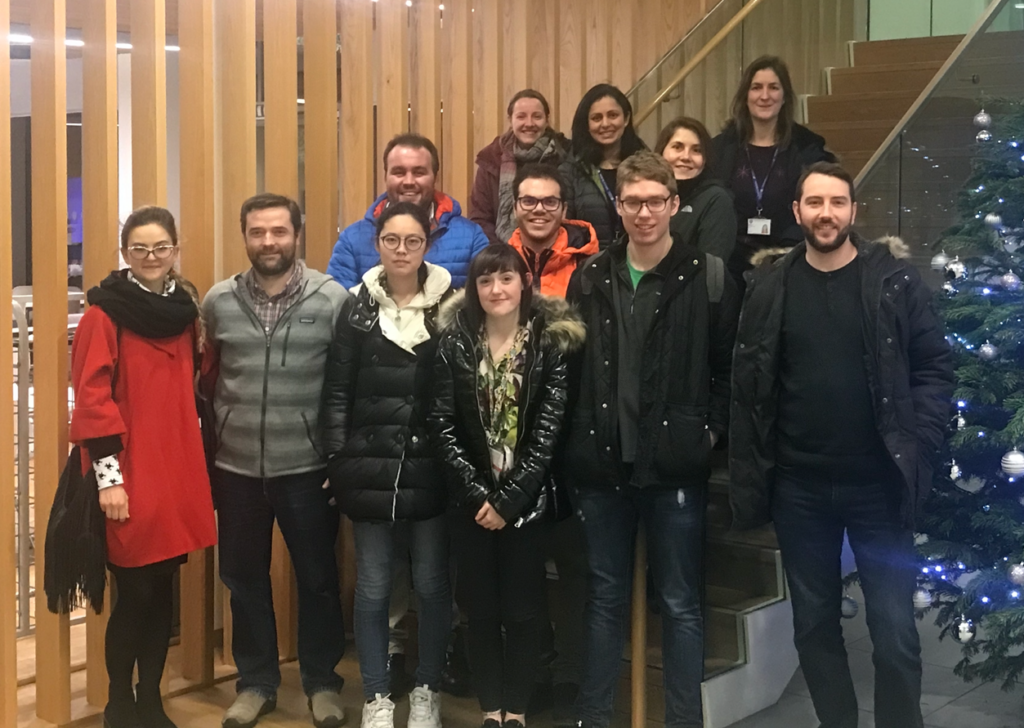 Dr Alan Stewart and Dr Sam Pitt have just been awarded a BHF PhD studentship grant of £108k for a project entitled “Role of plasma fatty acid and zinc dynamics in platelet functioning: Implications for pathological clotting“.
Dr Alan Stewart and Dr Sam Pitt have just been awarded a BHF PhD studentship grant of £108k for a project entitled “Role of plasma fatty acid and zinc dynamics in platelet functioning: Implications for pathological clotting“.
Zinc is an essential micronutrient that is required for many biological processes including control of coagulation. When platelets become activated they release zinc, which in turn binds to plasma proteins and cell surface receptors to regulate clotting. Currently we do not understand how zinc gets into platelets, how it is stored or how these processes may be altered in diseases associated with abnormal clotting. Elevated plasma free fatty acid (FFA) levels are associated with conditions such as cancer, obesity and diabetes, which also increase the risk of developing thrombotic blood clots. Our studies suggest that high levels of FFAs disrupt zinc handling in the blood potentially leading to thrombotic complications.
The specific aims of this project are to:
1. Examine zinc storage, compartmentalisation and flux in platelets.
2. Identify the zinc homeostatic machinery in platelets.
3. Examine the effects of FFA-mediated dysregulation of plasma zinc on platelet functioning.
We are looking for enthusiastic candidates who hold a first or upper-second class degree (and/or an MSc/MRes degree) in Molecular or Cellular Biology, Biochemistry, Chemistry or a related subject from a recognised academic institution. Applicants with some degree of laboratory research experience are particularly encouraged to apply. To apply, please visit the University of St Andrews website and download the PhD application form. Full details on how to apply are given here: http://www.st-andrews.ac.uk/study/pg/apply/research/






